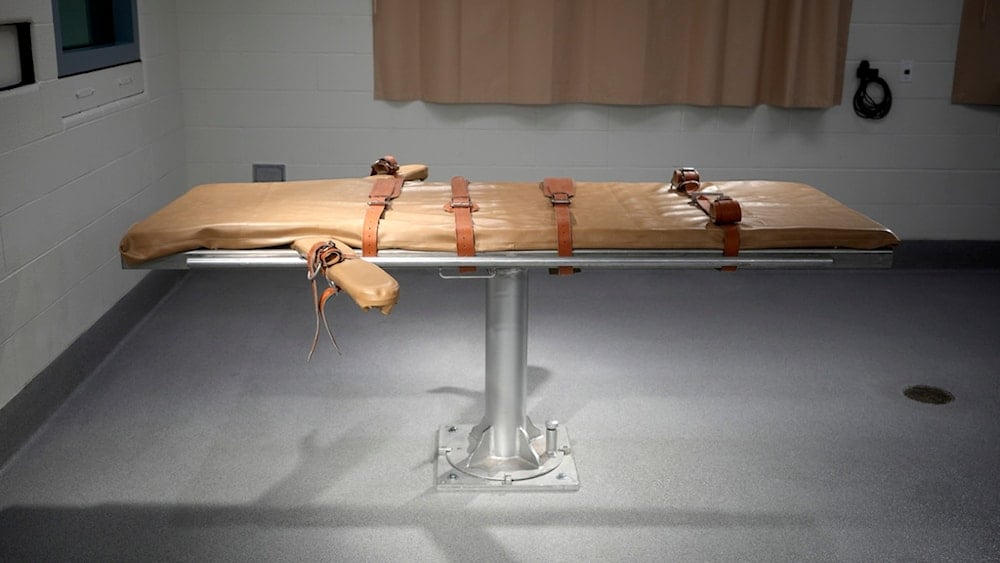Charlie Kirk killing renews debate on death penalty in the US
The killing of activist Charlie Kirk in Utah has put the death penalty back in focus in the United States. Utah may pursue execution against the suspect, with Donald Trump calling for the harshest punishment.
-

The lethal injection table is shown in the execution chamber at the Utah State Correctional Facility after the Taberon Honie execution on Thursday, August 8, 2024, in Salt Lake City. (AP Photo/Rick Bowmer, Pool)
The killing of conservative activist Charlie Kirk during a speaking event in Utah on September 10 has reignited national debate over the death penalty in the United States. Utah Governor Spencer Cox announced that the state would pursue capital punishment against the suspect, Tyler Robinson, 22, who was arrested two days later on suspicion of aggravated murder.
US President Donald Trump went further, saying, “I hope he gets the death penalty,” underscoring his longstanding tough-on-crime stance.
As of 2024, 27 states, including Utah, maintain the death penalty, according to the Death Penalty Information Center. In four of those states, California, Pennsylvania, Oregon, and Ohio, executions are under moratorium due to governor-issued orders.
The remaining 23 states and the District of Columbia have abolished capital punishment. The federal government retains authority to pursue the death penalty in limited cases, regardless of local laws. The US military also has its own death penalty provisions, but has not carried out an execution since 1961.
Read more: Rifle found, photos released in hunt for Charlie Kirk's killer
What crimes qualify for capital punishment
Under US law, capital crimes include murder, treason, genocide, and the killing or kidnapping of top officials such as members of Congress, the President, or Supreme Court justices.
In practice, executions in recent decades have almost exclusively involved murder convictions. States determine specific “aggravating factors” that elevate a crime to capital status, such as committing murder during a kidnapping or knowingly creating risks for others during the crime. In Utah, these criteria include placing others besides the victim at great risk of death.
Since 1976, when the Supreme Court reinstated capital punishment, there have been 1,637 executions in the United States. Texas leads with 595, followed by Oklahoma with 128 and Florida with 117. Utah has carried out eight executions during this period.
Read more: Civil war talk surges after Charlie Kirk shooting: NYT
Methods of execution across the country
Lethal injection is the primary method of execution across all death penalty states, though the drugs used vary. Nine states also allow electrocution or lethal gas, and five permit firing squads. In Utah, firing squads can only be used if lethal injection drugs are unavailable; the last such execution occurred in 2010.
Read more: Death penalty being sought for Luigi Mangione after CEO's killing
Trump’s call for the execution of Charlie Kirk’s suspected killer reflects his broader policy views. During his presidency, Trump’s administration resumed federal executions after a 17-year pause, carrying out 13 in his final six months in office. His latest remarks highlight how the Kirk case may once again sharpen the political divide over capital punishment in the United States.
The killing of Charlie Kirk has revived one of the United States’ most divisive debates: the future of the death penalty. With Utah prosecutors considering capital charges and Trump amplifying calls for execution, the case underscores how a single crime can reignite national arguments about justice, deterrence, and human rights.

 3 Min Read
3 Min Read










